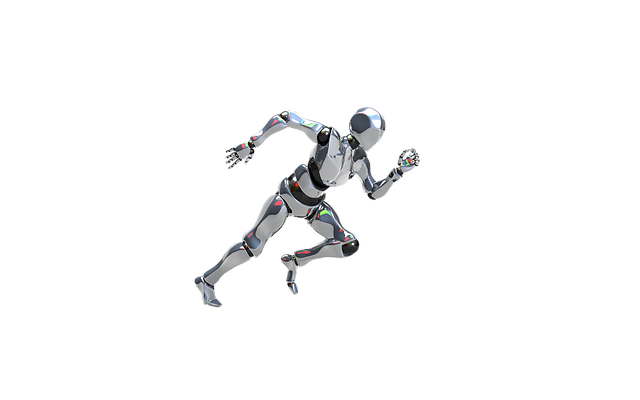
Embracing AI in Manufacturing: A Strategic Imperative for the Future
Artificial Intelligence (AI) is revolutionizing the manufacturing industry, offering unprecedented opportunities for efficiency, productivity, and innovation. As highlighted in the article "Here to Stay: Why Manufacturers Need to Integrate AI Solutions," AI is no longer a futuristic concept but a present-day necessity for manufacturers aiming to remain competitive in a rapidly evolving market.

The Transformative Impact of AI on Manufacturing
AI technologies are reshaping manufacturing processes across various dimensions:
1. Enhanced Operational Efficiency
AI-driven automation streamlines production lines, reducing human error and increasing throughput. Predictive maintenance powered by AI anticipates equipment failures, minimizing downtime and extending machinery lifespan. (smartindustry.com)
2. Improved Quality Control
Computer vision and machine learning algorithms enable real-time inspection of products, identifying defects with high accuracy. This leads to consistent product quality and higher customer satisfaction. (smartindustry.com)
3. Advanced Supply Chain Management
AI optimizes inventory levels, forecasts demand more accurately, and enhances logistics, resulting in cost savings and improved delivery times. (forbes.com)
4. Accelerated Product Development
AI facilitates rapid prototyping and testing, reducing time-to-market for new products and fostering innovation. (itechcraft.com)
Overcoming Challenges in AI Integration
Despite its benefits, integrating AI into manufacturing presents several challenges:
1. Data Management and Quality
Effective AI implementation requires high-quality, structured data. Manufacturers must invest in robust data collection, storage, and processing systems to support AI applications. (manufacturing.net)
2. Workforce Training and Adaptation
The introduction of AI necessitates upskilling the workforce. Training programs are essential to equip employees with the skills needed to operate and collaborate with AI systems. (forbes.com)
3. Cybersecurity Concerns
As manufacturing becomes more digitized, the risk of cyber threats increases. Implementing strong cybersecurity measures is crucial to protect sensitive data and maintain operational integrity.
Strategic Approaches to AI Adoption
To successfully integrate AI, manufacturers should consider the following strategies:
1. Start with Pilot Projects
Implement AI in specific areas to demonstrate value and build confidence before scaling across the organization. (mcaconnect.com)
2. Foster a Culture of Innovation
Encourage experimentation and continuous learning to adapt to AI-driven changes and leverage new opportunities. (incit.org)
3. Collaborate with Technology Partners
Partnering with AI solution providers can offer expertise and resources, accelerating the integration process. (global.hitachi-solutions.com)
The Future Outlook
The manufacturing sector's future is inextricably linked to AI. Embracing AI not only enhances current operations but also positions manufacturers to lead in innovation and market responsiveness. As AI technologies continue to evolve, their integration will be pivotal in shaping the next generation of manufacturing excellence.
For further insights into AI's role in manufacturing, consider exploring the following resources:
- AI in Manufacturing: Key Use Cases and Benefits for 2025 and Beyond
- Six Ways to Incorporate AI into Your Manufacturing Operations
- Navigating AI Integration in Manufacturing: Challenges, Benefits, and Strategies
By proactively addressing these aspects, manufacturers can harness AI's full potential, ensuring sustained growth and competitiveness in the evolving industrial landscape.